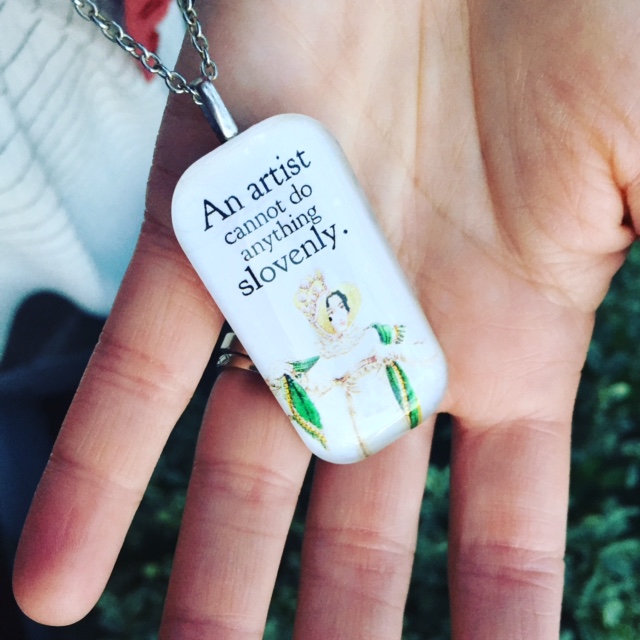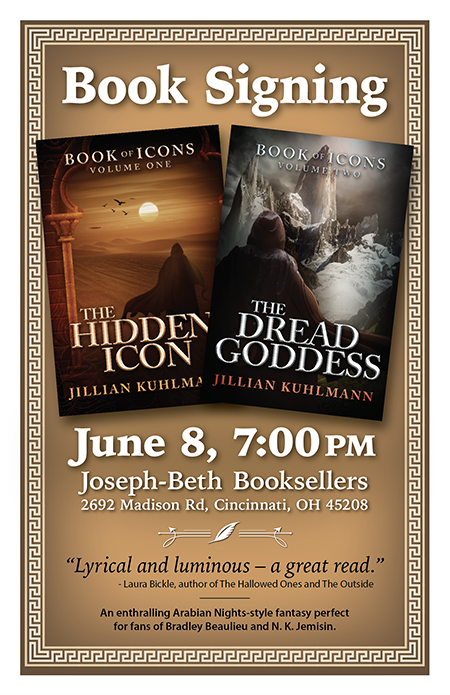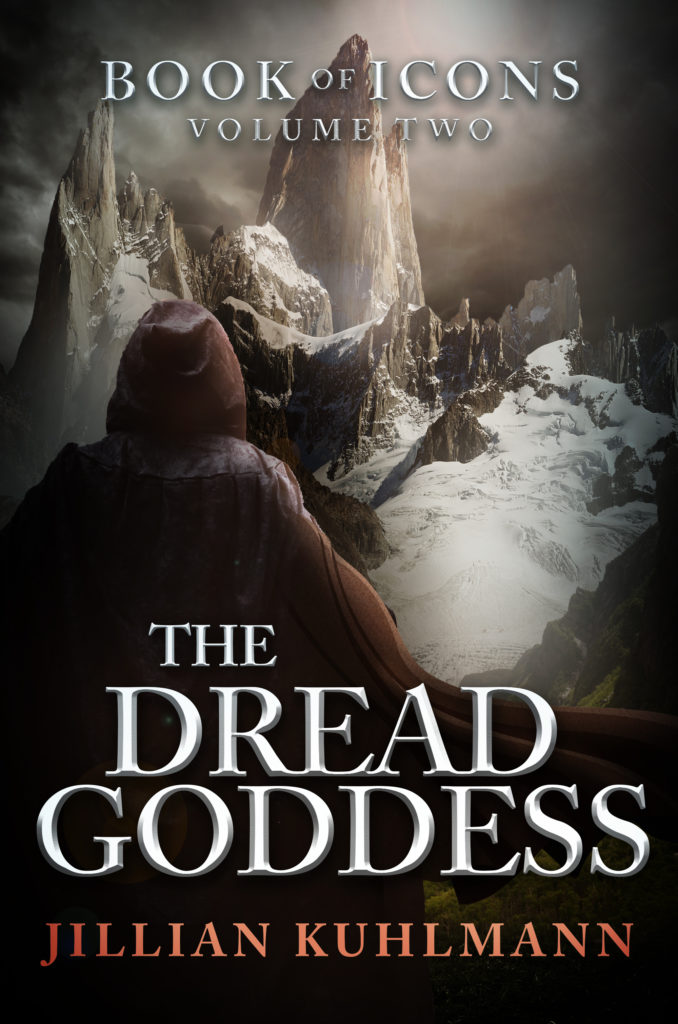Every writer was a reader first. Have I said that before? Probably.
But beyond the logistics of that necessarily needing to be the case, I imagine there are for all of us books we read in our youth that made us love stories, books that through the act of reading unlocked the desire to storytell within us. I’ve often wondered, especially after a rigorous six years of studying literature, what makes some writers pursue genre fiction and others more realistic avenues. I know I have, at least, read and loved books of all kinds, both as a young person and as an adult. But even the more literary short stories I wrote in graduate workshop always had a dreamy element, odd angles and awkward edges that made it harder to get by, to be taken seriously, to make the necessary social and academic connections with my more literal-minded peers.
In thinking about the books that moved me as a child, I wonder, what was it about these that made me the writer that I am, stubbornly, today?
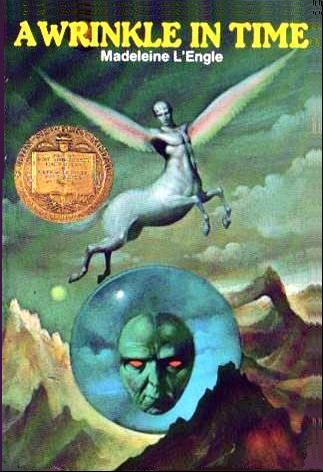
What was it about Meg and Charles Wallace and their world(s) in A Wrinkle in Time that so appealed to me? A Wrinkle in Time is probably the first example of real science fiction that I read as a child. From the lasting image of Mrs. Who explaining traveling by tesseract to the mistaken jaunt to the world whose gravity nearly crushed the group to the haunting sameness of the world where her father was imprisoned, there was realized for me so much potential for strangeness and horror, but with a real heart beating between the turning of pages. I wanted more.
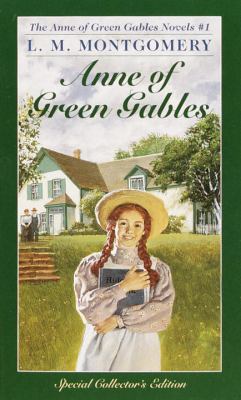
I recently tried to re-read Anne of Green Gables with the intent of getting to my later favorite in the series, Anne of the Island, and I was shocked to learn how little actually happens on the page. I remember Anne as adventurous and bold, dreaming with her and feeling as near to her scrapes as she was. But really, the reader is so much more like Marilla, merely hearing about these wild things that Anne has undertaken off the page. She comes home from a day at school or an afternoon in the fairy grove with Diana and tells Marilla, and be default, the reader, all about it. There’s very little actual doing to be read, and I wonder now if Anne isn’t in part to blame for how close I like to be to my narrators. I want to write each touch and taste of the world and invite the reader to taste and touch, too. Anne remains vibrant as ever despite the narrative choices, which is surely a testament to what a strong and likeable character she is.

The Island of the Blue Dolphins is the first of two orphan stories on this list, and really only one of many I devoured as a child. The quiet strength and resourcefulness of the main character was always a wonder to me as a child, and I loved all of the details about how she navigated her solitude, what she did, ate, made, and built, and how. I haven’t re-read this book as an adult, but I don’t remember her feeling sad or sorry for herself, but rather reckoning with what has happened to her through action – moving forward, rather than dwelling on the past. She was competent and serene and strong, and I wanted to think that I could be just like her, if I had to be.

The main character from The Secret Garden was, conversely, not serene. She had edges and angers that I liked, and a willfulness to take whatever she could from the hand she’d been dealt that greatly appealed to me. Also, there was just something so romantic about an English country house and the idea that a young woman alone could discover and conquer its secrets. I liked that she and the boys challenged and changed each other, and that they could each, in their own way, find happiness.
I also feel like it’s a hallmark of readers of my generation to still look for doors in hedges. Even my husband does it.

My love for The Voyage of the Dawn Treader and The Magician’s Nephew are nearly equal, and I think it’s because they both stretch beyond the boundaries of Narnia as know them in the rest of the books of the series. The memorable fountains as doorways to other worlds in The Magician's Nephew is such a treat that it’s one of my favorite things lifted into Lev Grossman’s The Magicians, and reaching the very edge of the horizon in The Voyage of the Dawn Treader and being irrevocably changed by the experience was powerful and wonderful. We weren’t church-going when I was a child and the nearest I came to salvation was someone passing me a coloring sheet outside of a grocery store with a little prayer on it that I could say and “be saved,” so the religious overtures in Lewis’ works were always lost on me. What Lucy and Edmund and Eustace, and Digory and Polly and the others, experience was purely magical and human, and I reveled in it.
What about you? What were the childhood classics that shaped you?
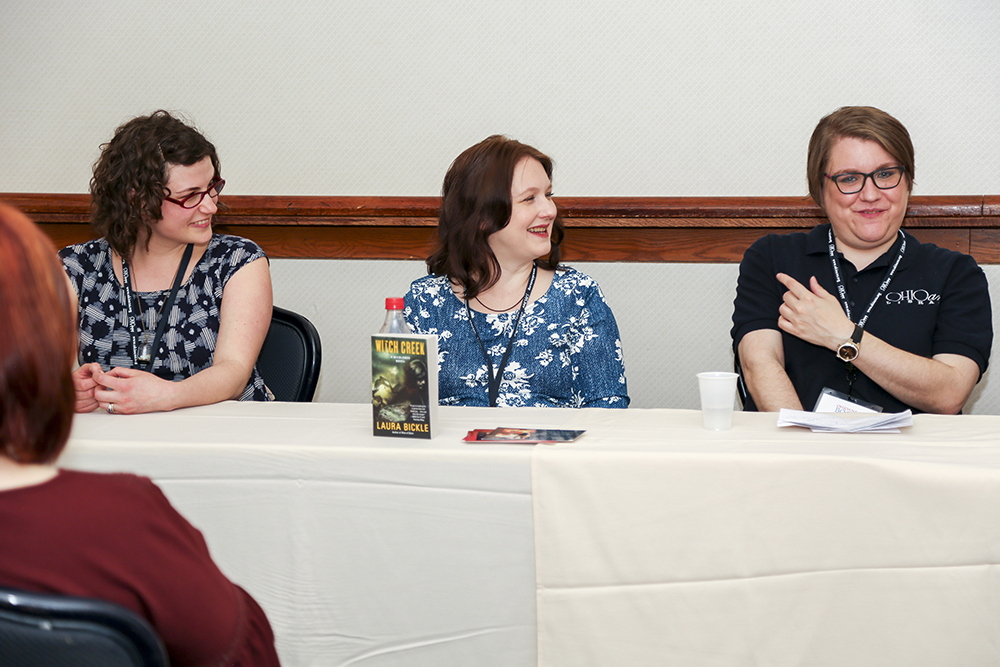

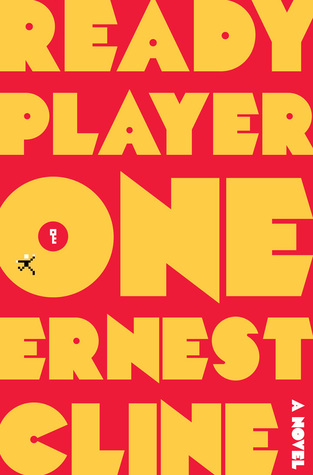
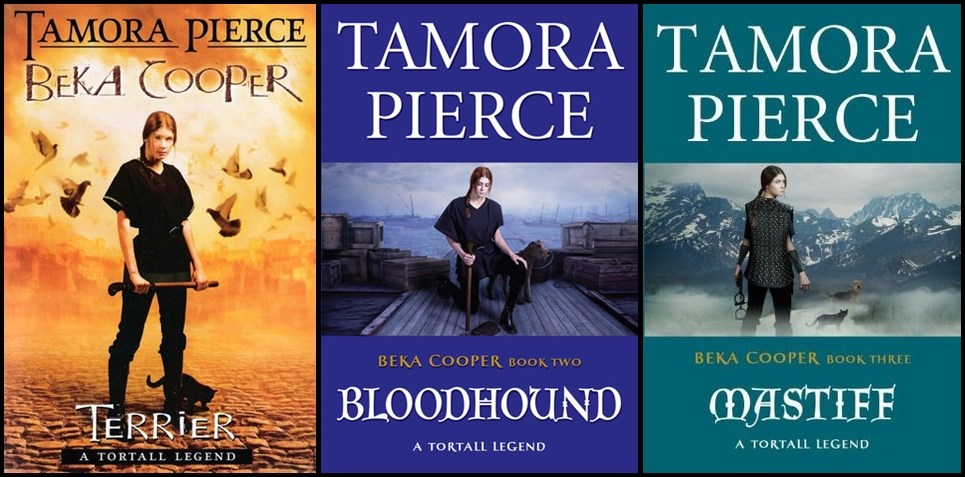
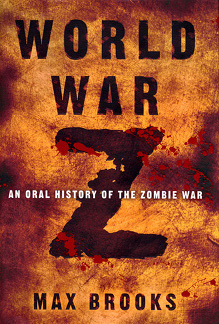
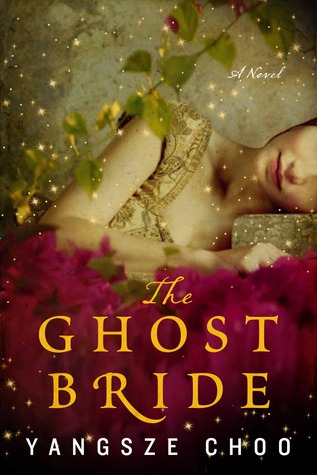

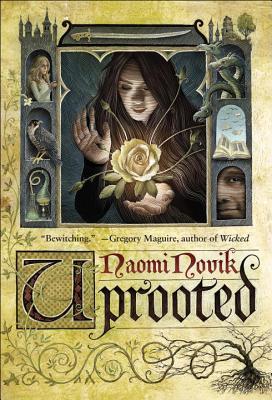
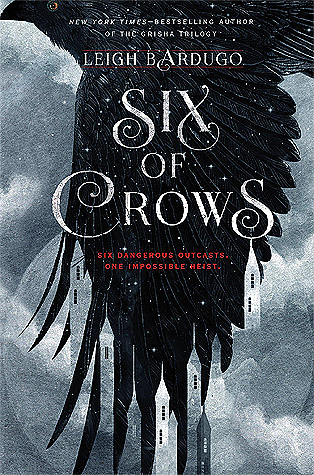

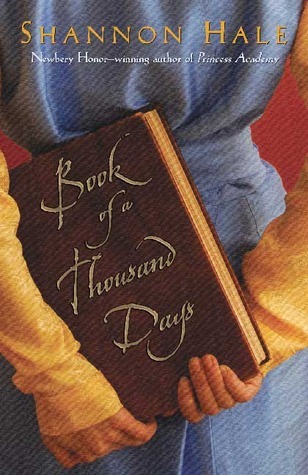
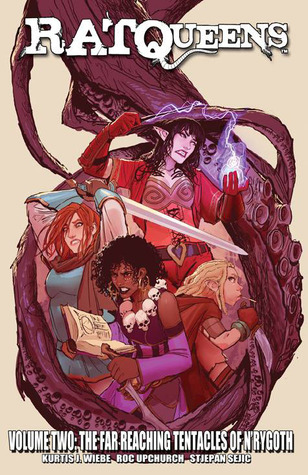
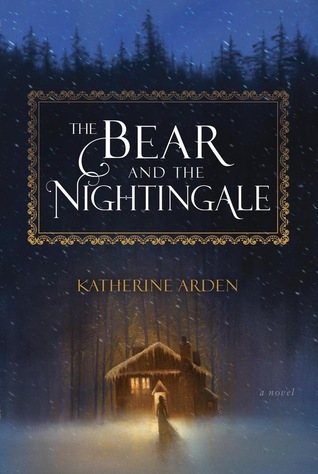

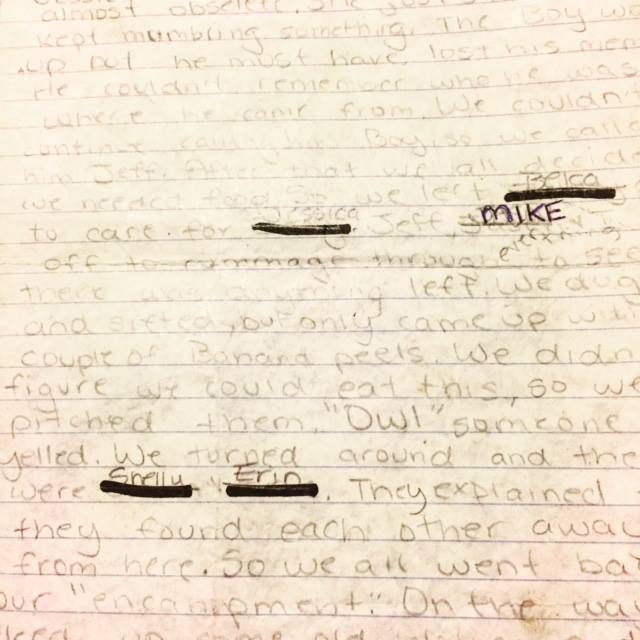 In the seventh grade, I wrote what I realize now was basically
In the seventh grade, I wrote what I realize now was basically 